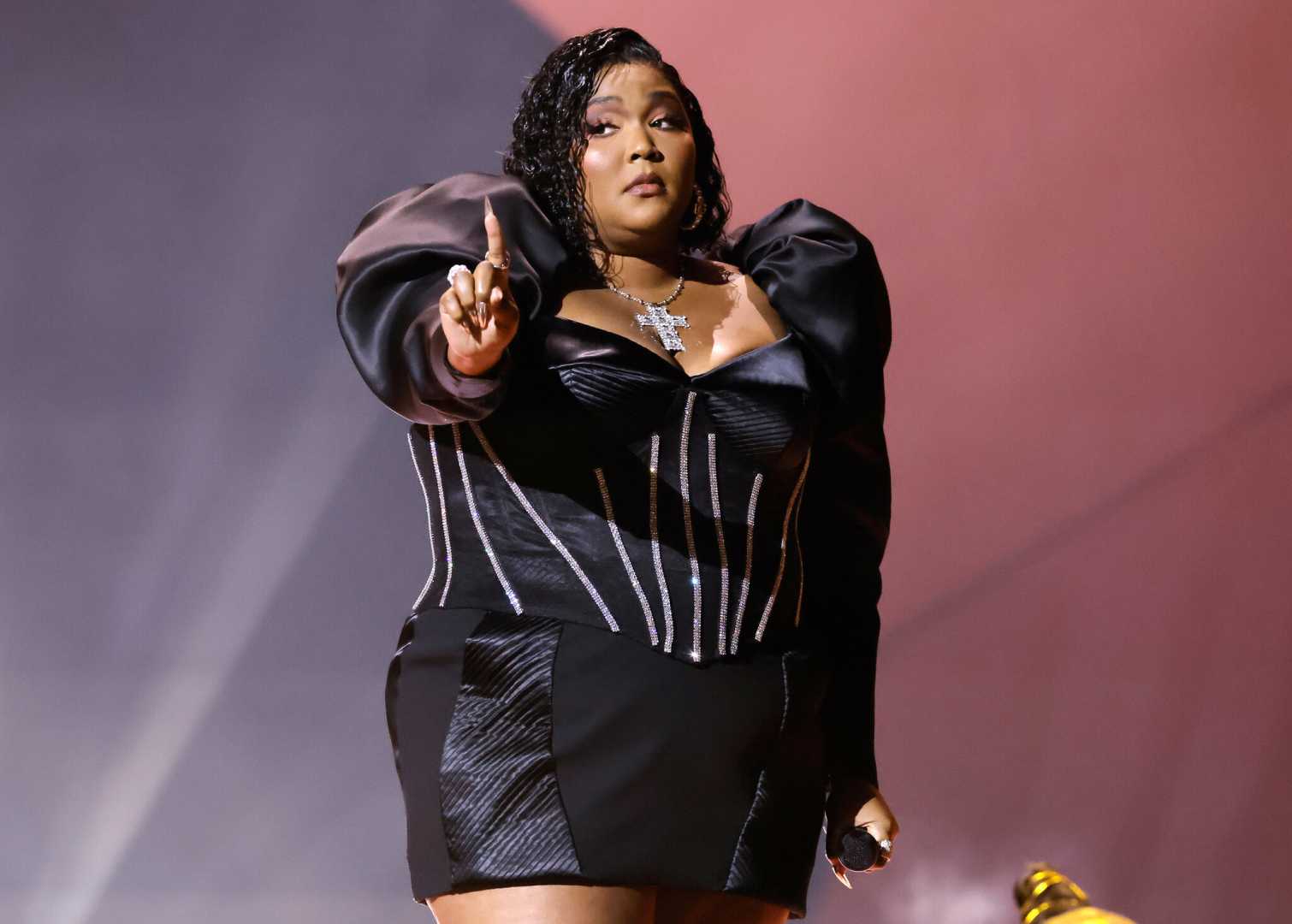Entertainment
Cross Necklaces: Fashion Trend Blurs Faith and Culture

NEW YORK, NY — The popularity of cross necklaces is on the rise, marking a significant intersection of faith and fashion. The New York Times highlighted this trend in a recent article, calling cross necklaces a “hot accessory” within American culture today.
Historically, wearing a cross as a pendant dates back to the second century, with early Christians embracing the symbol, which was once associated with death. Tertullian, a theologian from that time, referred to believers as “devotees of the cross,” urging them to connect with each other through this shared symbol.
“As a millenniums-old symbol of Christian faith, the cross would seem somewhat immune to trendiness,” Misty White Sidell wrote in the Times. Notably, prominent figures such as White House Press Secretary Karoline Leavitt and Attorney General Pam Bondi have been seen showcasing their faith through visible crosses.
Leavitt told the Times, “My faith is very important to me. It is what gets me through each day.” Similarly, Congressman Hakeem Jeffries was photographed wearing a cross necklace during a recent protest, reflecting the widespread acceptance of cross jewelry across political lines.
Michael Coan, an associate professor of jewelry design at the Fashion Institute of Technology, commented on the versatility of crosses. “For some, it represents redemption from suffering; for others, it signifies the four directions,” he said, emphasizing its global resonance. He noted that while the addition of Jesus transforms a cross into a crucifix, the empty cross holds different meanings for various believers.
Despite the different interpretations, the act of wearing a cross can spark conversations surrounding faith and identity. John Stott, a renowned Anglican theologian, pointed out the deeper calling Christians have alongside their symbolic wearing of crosses, emphasizing the need for authentic living aligned with their values.
As the trend gains momentum, cross necklaces are not just fashion statements but reflections of personal beliefs for individuals from all walks of life, contributing to a culture that embraces faith amidst modernity.












